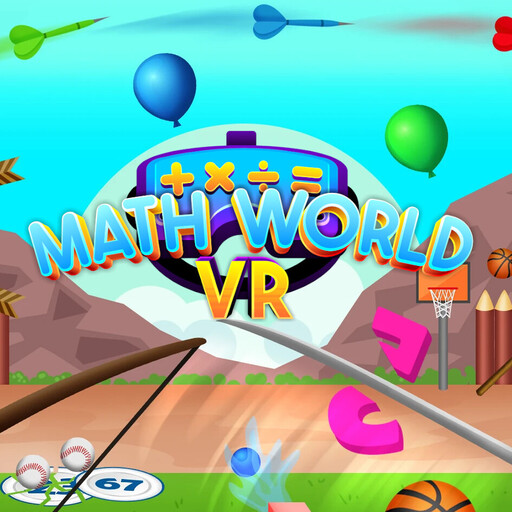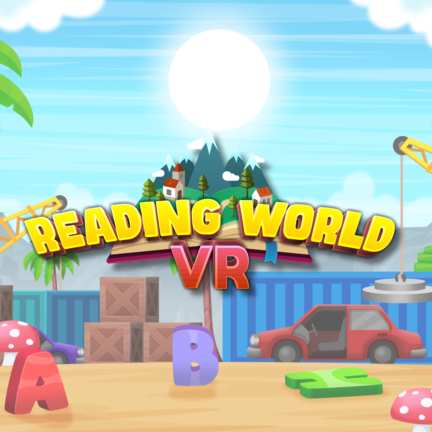The advent of technology has transformed various sectors, and education is has not been left out. E learning games, a product of this digital revolution, have emerged as powerful tools in modern education. These games combine entertainment with education, creating an fun and interactive learning environment. This article delves into the world of e learning games. We’ll explore their benefits, applications, and future potential.
1. Enhancing Engagement & Motivation
Educational games possess the ability to engage students and maintain their interest in the learning journey. These games are crafted to be interactive and fun, thereby enhancing the learning experience. They provide feedback and incentives to a student’s drive for growth and expertise. The sense of achievement derived from advancing in a game can effectively boost motivation for learning.
2. Promoting Active Learning & Critical Thinking
E learning games go beyond play. They help engage players in thinking, decision making, problem solving, and knowledge application. This active participation in the learning process fosters the development of thinking skills. Improves students comprehension and retention of the subject matter. Whether it involves finding strategies in a chess game to enhance reasoning or unraveling puzzles in a math game. Better conceptual understanding in games can help facilitate active learning.
3. Developing Social & Emotional Skills
Many e learning games incorporate multiplayer features, which encourage interaction and collaboration. These games are beneficial, for students as they facilitate the development of skills like effective communication, teamwork and conflict resolution. Moreover they also impart skills such as patience, resilience, and coping with both achievements and setbacks – abilities that hold significance in both personal and professional spheres of life.
4. Personalizing Learning Experiences
Each student has their individual learning style and pace and e learning games can accommodate this diversity. These games often incorporate adaptive learning technologies that modify the level of difficulty according to the players performance offering a customized learning experience. Additionally they enable students to learn at their speed dedicate time to challenging concepts and progress once they have mastered a particular topic.
5. Preparing for the Digital Future
In today’s world as our reliance, on technology grows it has become crucial to possess skills such, as literacy, computational thinking and problem solving. E learning games have emerged as a captivating way to introduce and develop these skills. For example coding games can make programming concepts more approachable and enjoyable while simulation games provide an opportunity to learn systems thinking and tackle real world problems.
Applications of e Learning Games
E learning games can be integrated into virtually any subject. For instance, language games can enhance vocabulary and grammar understanding, making language learning less daunting. Science games can simulate complex scientific phenomena. This can allow students to experiment and learn in a risk free environment. History games can transport students to different eras, providing a deeper understanding and appreciation of past events. And math games can help with math skills in a fun and interactive manner.
Furthermore online educational games have the ability to expand learning beyond the walls of the classroom. These games can be integrated into homework assignments. Utilized as a tool, for self guided study offering students an captivating means to solidify their knowledge. Additionally they can be embraced in environments seamlessly combining fun and academia.

The Broader Impact of Educational Games on Child Development
Beyond academic learning, educational games play a pivotal role in holistic child development. Here’s how:
- Social Skills Development: Many educational games, especially multiplayer ones, foster collaboration and team work. Children learn to communicate, negotiate, and work in teams, honing their interpersonal skills.
- Enhancing Creativity: Games that involve building, designing, or storytelling stimulate children’s creative mind. They learn to think out of the box, experiment with ideas, and express themselves innovatively.
- Cultivating Persistence: Games often present challenges that require multiple attempts to overcome. This can help teach children persistence, resilience, and the value of learning from failures.
- Decision Making and Strategic Thinking: Strategy-based games compel children to plan, make decisions, and foresee consequences. These skills are invaluable in real-life scenarios where critical thinking is essential.
- Emotional Intelligence: Games that involve role-playing or navigating emotional scenarios can help children understand and manage their emotions better. They also foster empathy as children place themselves in others’ shoes.
Conclusion
E learning games are revolutionizing modern education. By making learning interactive, personalized, and engaging, these games can enhance motivation, promote active learning, develop essential skills, and prepare students for the future. However, it’s crucial to remember that games are one of many tools in an educator’s toolkit. They should be used strategically, in conjunction with other teaching methods, and always with clear learning objectives in mind.
As we look to the future, the potential of e-learning games in education is vast and exciting. As educators, parents, and students, we have the opportunity to leverage this potential to make learning a more enriching and enjoyable experience. Let’s embrace the power of e-learning games in education and continue to explore innovative ways to inspire and engage learners.








